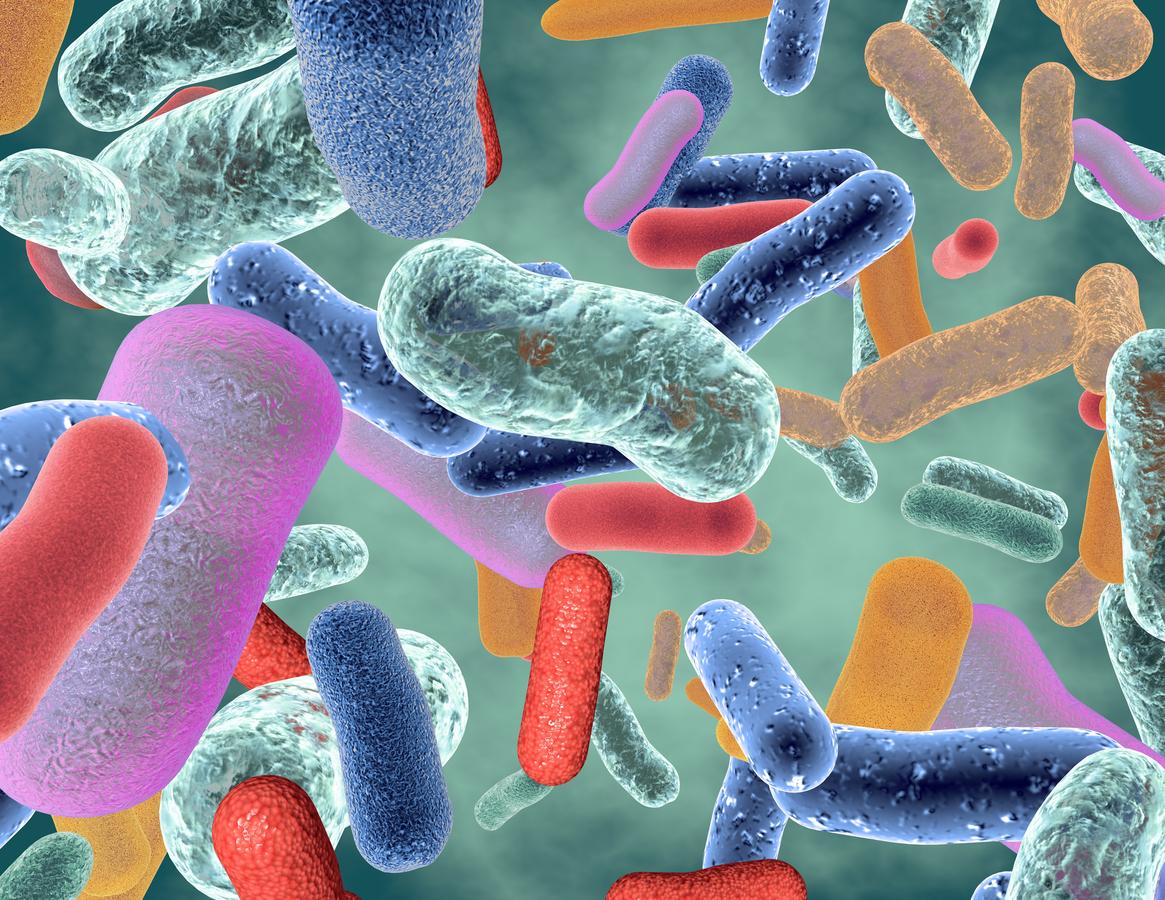Certain bacteria in the intestinal microbiota influence bone density as we age, according to a new study.

- New research provides evidence that a relative abundance of certain gut microbes may be linked to skeletal health.
- Akkermansia and Clostridiales bacterium DTU089 may negatively affect bone density in the elderly.
- Additional studies are needed to better understand the role of the microbiota in skeletal health.
The composition of the intestinal microbiota may affect health, and more particularly bone density. Here is the conclusion of the work presented by researchers from Hebrew SeniorLife and Hinda and Arthur Marcus Institute for Aging Research in the magazine Frontiers in EndocrinologySeptember 21, 2023.
Microbiota: certain bacteria affect bone health
For this work on the link between the microbiota and the skeleton, the scientists used data from research evaluating the bone health of both sexes as well as another that observed osteoporotic fractures in elderly men. This represents more than 2,000 volunteers re-examined.
The results show that the bacteria of the intestinal microbiota, called Akkermansia and associated with obesity, as well as Clostridiales bacteria DTU089 had negative associations with bone health in older adults.
“DTU089a bacterium of the class Clostridiahas been described as being more abundant in people with lower physical activity and lower protein intake”specify the authors in their communicated published September 26. For researchers, this finding could be important because previous studies have shown that protein intake and physical activity have a definite link with skeletal health.
“We found models in which the composition of the microbiota was linked to more poor measurements of bone density and microarchitecture. In fact, certain bacteria were associated with differences in bone cross-sectional area, suggesting the possibility that some of these microbes may influence how bone size changes with aging. adds one of the lead authors, Dr. Douglas P. Kiel.

Microbiota and skeleton: the link remains to be understood
The team recognizes that it lacks data to determine the full range of possible effects of the microbiota on skeletal health. They therefore call for further research.
“Through additional studies, we may be able to gain insight into associations between specific bacterial species in the gut and skeletal integrity. We also hope to identify specific functional pathways influenced by bacteria that could influence the skeleton. For example, certain bacteria can lead to low levels of inflammation that can affect bone health. Ultimately, if results like this are confirmed, we may be able to target the gut microbiota to influence skeletal health.”, concludes the main author.
















